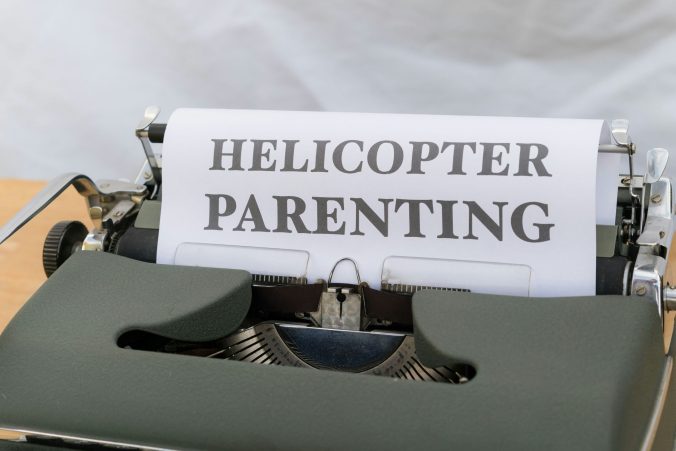
We spend years in the trenches of parenting between car seats and curfews, timeouts and tantrums, grades and guidance. For two decades (give or take), we pour everything we have into shaping, steering, and correcting. We raise them to grow up, to think for themselves, to stand on their own two feet. But here’s the reality: when they start doing exactly that, it can break your heart a little.
Because no one tells you what to do after the parenting stage shifts.
There’s a line no one draws for you, no neon sign that says: “Congratulations! You’ve officially moved from being the parent to a parent.” It’s subtle, but seismic. And if we’re not careful, we can sabotage the very adulthood we spent years cultivating.
Here’s the real challenge – distinguishing between parenting and being a parent.
Parenting is directional. Being a parent is relational.
When they’re young, your job is to correct, direct, and protect. You say no a thousand times just to keep them safe. You enforce rules because you love them more than their temporary happiness. You carry the weight of their future in your daily decisions.
But that job changes. And if we don’t let it change, we risk doing damage in the name of love.
When your child is 25 and you’re still trying to parent them like they’re 15, you’re not helping anymore. You’re controlling. You’re inserting yourself where you were never meant to stay.
That doesn’t mean you stop being a parent. It just means your role changes.
We move from “command” to “counsel.” From “authority” to “ally.”
And if we’re being real, this transition is terrifying. Because your adult child is going to make choices you wouldn’t. They’ll vote differently. Discipline differently. Date or marry someone you’re unsure about. They might even walk away from the faith you modeled.
And in that moment, you’ll feel the urge to step back into the parenting driver’s seat again. To say, “Not under my roof!” But it’s not your roof anymore. They have their own roof and if you want to be invited in, you’d better learn how to knock.
This is the fine line so many parents struggle with: how do you go from rule-enforcer to relationship-builder? How do you become a trusted voice without being a controlling presence?
Your relationship with your adult kids will never be stronger than your ability to respect their autonomy.
They don’t need your approval anymore. They need your availability. They need to know they can come to you, not that you’ll chase them down with unsolicited advice. They need space to fail, to fall, to figure it out, and to know you’ll be there, arms open, not arms crossed.
This doesn’t mean you never speak truth. But it means you speak it less like a judge and more like a friend. You earned the right to parent them. Now you must earn the right to influence them as adults.
Jesus modeled this kind of relationship. He told His disciples the truth, but He also called them friends (John 15:15). He empowered them. Released them. Trusted them. And He walked with them even when they didn’t get it all right.
Let’s raise our kids to be adults. Then let’s actually let them be adults.
You’ll grieve the old days, and that’s okay. But don’t miss the beauty of what’s ahead. You’re no longer raising them but you can still walk beside them. Encourage them. Celebrate them. Learn from them.
Because while parenting ends, being a parent never does. It just grows up with them.
Source: www.derrickhurst.org
